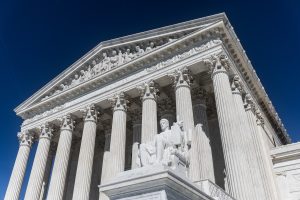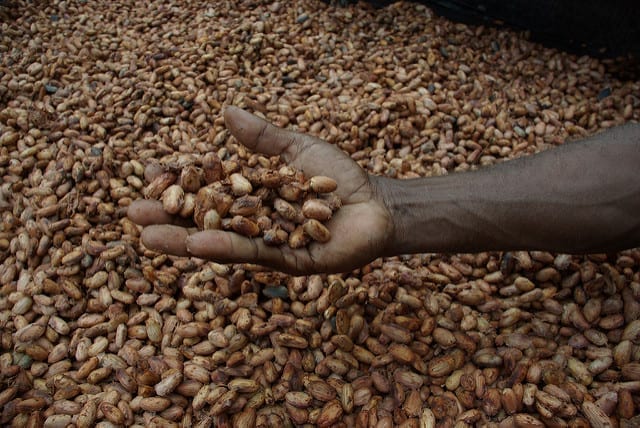The lawsuit’s success largely comes down to the justices’ interpretation of a 231-year old tort statute.
The U.S. Supreme Court has signaled it will dismiss a lawsuit accusing Nestle USA and Cargill of practicing and profiting from child labor overseas.
According to The New York Times, the case was filed by six citizens of Mali, a landlocked country in West Africa. Collectively, the plaintiffs claim they were trafficked as children, sold abroad, and forced to work in corporation-connected mines and plantations.
“Plaintiffs are former child slaves seeking compensation from two U.S. corporations which maintain a system of child slavery and forced labor in their Ivory Coast supply chain as a matter of corporate policy to gain a competitive advantage in the U.S.,” said Paul H. Hoffman, an attorney working with the plaintiffs.
However, both Nestle and Cargill have maintained that they do not actively enable child labor and, in fact, have extensive supply chain checks to ensure the integrity of their operations.
“The claim plaintiffs bring alleges something horrific: that locaters in Mali sold them as children to an Ivorian farm where overseers forced them to work,” said attorney Neal K. Katyal.

Katyal did not seem to deny that Nestle and Cargill may have benefited from trafficking, although he did not note that the companies had not sought to employ slaves.
“The defendants,” Katyal said, “are not the locaters, not the overseers, and not the farm.”
The New York Times observes that the plaintiffs had filed their complaint under the Alien Tort Statute.
That statute—written in 1789—allows federal district courts to hear “any civil action by an alien for a tort only, committed in violation of the law of nations or a treat of the United States.”
While the Alien Tort Statute was rarely cited until the end of the 20th century, several court cases have led to the Supreme Court limiting the law’s scope. The justices have, for instance, stipulated that the act does not apply in cases where misconduct was committed almost entirely abroad, or in cases where the defendant is a foreign company.
Writing in Kiobel v. Royal Dutch Petroleum, Chief Justice John G. Roberts said that “even minimal contact” with the United States is not sufficient to successfully head a suit under the Alien Tort Statute.
“Even where the claims touch and concern the territory of United States, they must do so with sufficient force to displace the presumption against extraterritorial application,” Roberts wrote on behalf of the court’s majority.
To that end, Justice Samuel Alito asked the plaintiffs in the Nestle and Cargill case whether they genuinely believed—or could evidence—that the defense was truly aware of their plight.
“After 15 years, is it too much to ask that you allege specifically that the defendants […] who are before us here, specifically knew that forced child labor was being used on the farms or farm cooperatives with which they did business?” Alito asked.
While Alito’s questioning indicate some skepticism of the plaintiffs’ case, he also questioned whether Katyal arguments for expanded corporate protections under the Alien Tort Statute were well-founded.
“You would say,” Alito asked Katyal, “that the victims, who couldn’t possibly get any recovery in the courts of the country where they had been held, should be thrown out of court in the United States, where this corporation is headquartered and does business?”
Katyal, says the New York Times, said there are or should be ways to hold companies which enable child labor liable—but that the 1789 law is not one of them. He did not suggest an alternative.
Sources
Big Chocolate’s trip to the Supreme Court could have big implications for corporations
Nestle, Cargill at high court in child labor case
Supreme Court Seems Ready to Limit Human Rights Suits Against Corporations
U.S. Supreme Court justices question human rights claims against Nestle and Cargill


Join the conversation!